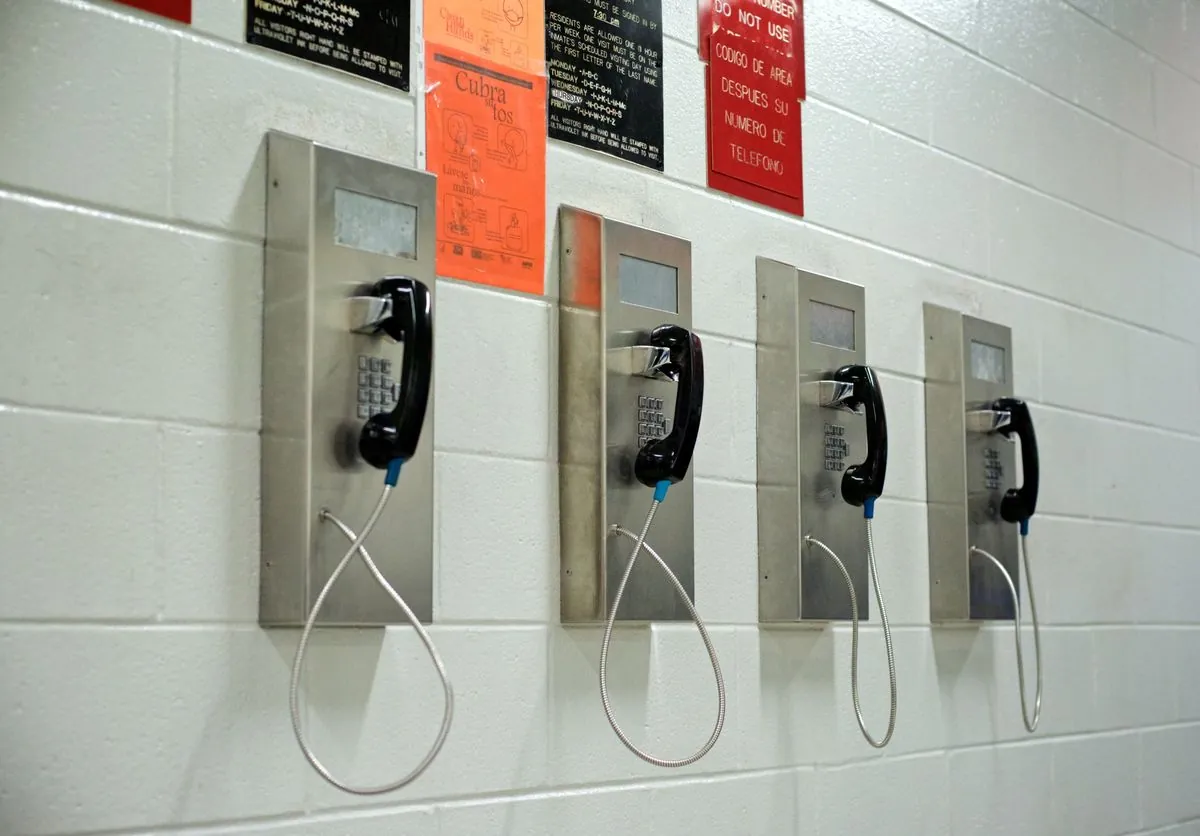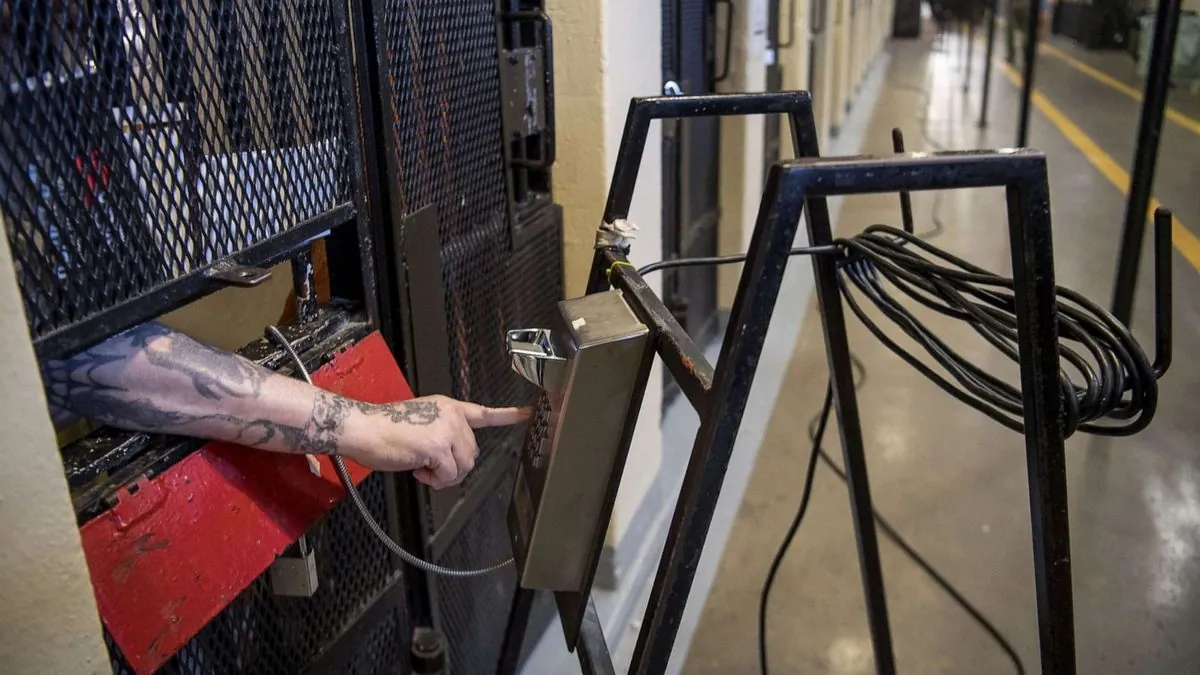GOP Attorneys General Sue FCC Over Inmate Phone Call Cost Reduction
14 Republican state attorneys general challenge FCC's decision to cap inmate phone call charges. The lawsuit claims the rule deprives prisons of essential funding, while the FCC defends it as addressing high costs for families.

A group of 14 Republican state attorneys general, spearheaded by Arkansas and Indiana, have initiated legal action against the Federal Communications Commission (FCC). The lawsuit, filed on October 2, 2024, challenges the FCC's June 2024 decision to reduce phone call costs for inmates in U.S. correctional facilities.
The FCC, established in 1934, has been regulating communications across various mediums for decades. This recent ruling aims to address the longstanding issue of exorbitant prison phone call rates, which can reach up to $1 per minute in some cases. The prison telecommunications industry, valued at billions of dollars annually, has been a subject of controversy due to these high costs.
The states argue that the FCC's rule improperly limits the amount correctional facilities can charge for inmate calls. They contend that this cap deprives prisons and jails of crucial funding and resources necessary for risk reduction and crime-solving efforts. This argument highlights the complex relationship between prison funding and telecommunications services, as many facilities receive significant commissions from phone service providers.

On the other hand, FCC Chair Jessica Rosenworcel, who became the first woman to lead the commission in 2021, defended the decision. She stated that the rule addresses "the unconscionable rates families of the incarcerated pay for communications." This stance aligns with advocacy groups who argue that high phone costs potentially violate inmates' First Amendment rights and hinder family connections, which studies show can reduce recidivism rates.
The lawsuit brings attention to the broader context of incarceration in the United States, which has the highest incarceration rate globally. As of 2021, approximately 2 million people were incarcerated in the U.S., emphasizing the scale of the issue at hand.
The FCC's decision follows a trend of attempts to regulate prison phone call costs. In 2013, the commission set caps on interstate prison call rates, and some states have passed laws to reduce these costs. However, the FCC has faced legal challenges to its authority to regulate intrastate prison phone calls.
The COVID-19 pandemic further highlighted the importance of inmate communication with families, as in-person visits were restricted. This situation led some facilities to implement video visitation systems as an alternative.
As the legal battle unfolds, it underscores the tension between prison funding models and the need for affordable communication options for inmates and their families. The outcome of this lawsuit could have significant implications for the prison telecommunications industry, which is dominated by a few large companies, and the millions of families affected by incarceration.
"The rule addresses the unconscionable rates families of the incarcerated pay for communications."
This case exemplifies the ongoing debate surrounding prison reform and the balance between institutional needs and inmate rights. As the court considers the arguments, the decision will likely impact not only the financial aspects of correctional facilities but also the broader goals of rehabilitation and maintaining family connections for those incarcerated.


































